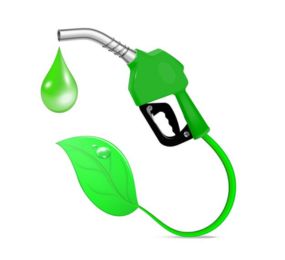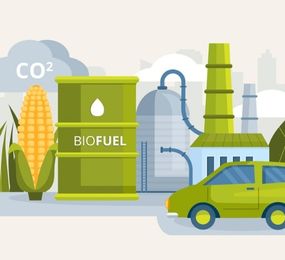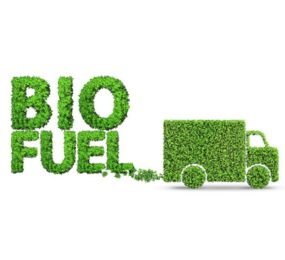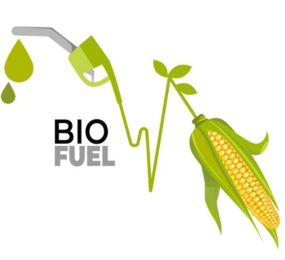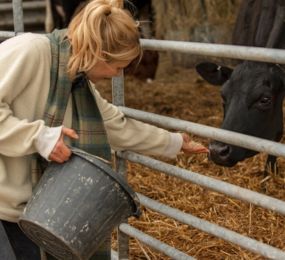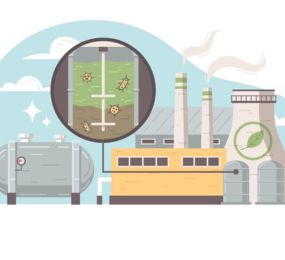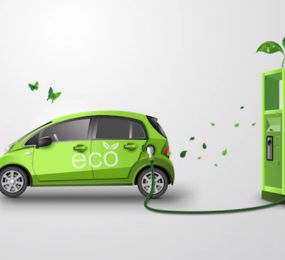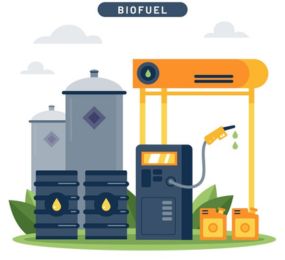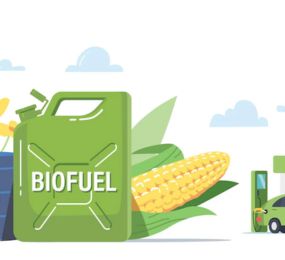Water Consumption in Biofuel Production: Minimizing Environmental Impact
The production of biofuels, a promising alternative to fossil fuels, has the potential to reduce greenhouse gas emissions and promote sustainable energy. However, it is essential to address the environmental implications associated with biofuel production, particularly water consumption.
Water is a critical resource for cultivating biofuel feedstocks, such as corn, sugarcane, and algae. Large volumes of water are required for irrigation, processing, and cooling in biorefineries. Excessive water usage can lead to water scarcity, depletion of groundwater resources, and degradation of ecosystems.
To mitigate the water footprint of biofuel production, various strategies can be implemented. One approach is the development of drought-tolerant and water-efficient crop varieties. Additionally, optimizing irrigation techniques, such as precision irrigation, can significantly reduce water consumption. Furthermore, recycling wastewater generated during the biofuel production process can help conserve water resources.
Another promising strategy is the utilization of non-food crops, such as switchgrass and algae, as feedstocks. These crops often have lower water requirements and can be cultivated on marginal lands, minimizing competition with food production. By adopting sustainable water management practices and exploring innovative technologies, the biofuel industry can contribute to a more sustainable future without compromising water resources.
Visit our website to know more: https://www.leadventgrp.com/events/3rd-annual-advanced-biofuels-forum/details
For more information and group participation, contact us: [email protected]
Leadvent Group - Industry Leading Events for Business Leaders!
www.leadventgrp.com| [email protected]


